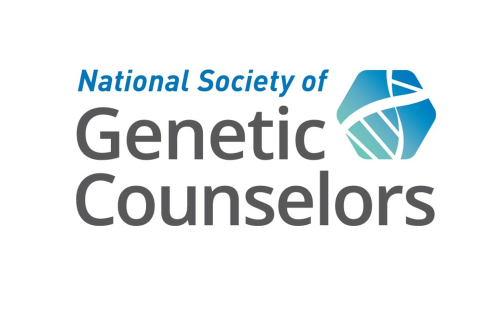How Do I Get Genetic Testing?
What is Genetic Testing?
Note: This section covers genetic testing for risk. If you are looking for information about tumor testing to guide treatment, visit our section on testing.
Genetic testing for an is a medical test that can help people learn about their risk for cancer. The test looks for changes in your that are linked to increased cancer risk. The test can be performed with blood, saliva or tissue. The sample is collected and sent to a genetic testing lab. Test results are usually available 2-6 weeks later. Not all genetic tests are the same. You can read more about the different types of tests here.
Other names for genetic testing include:
- genetic testing
- genetic testing for risk
- cancer genetic testing
- gene panel testing
- multigene panel testing
How do I get genetic testing?
A good first step is to make an appointment with a genetics expert. Genetic counselors, genetic nurses and geneticists offer appointments in person, by telephone or by video. These specially-trained healthcare providers will help you decide if genetic testing is right for you. If you proceed with testing, they will make sure the right test is ordered and that your insurance covers the cost. After testing, they will explain what the results mean for you and your family and help you determine the next steps to stay healthy. You can find a genetics expert in your area or one who is available by phone or video appointment through the National Society of Genetic Counselors website. You can read more about genetic counseling here.
Most health plans cover the cost of genetic counseling and testing for people who meet the national guidelines for testing. Your genetic counselor can help you learn if your appointment and test are covered and if you will have any out-of-pocket costs.
If you do not meet the testing guidelines you can still have testing. The cost may not be covered by your insurance. In some cases financial aid or low-cost testing options may be available.
Why should I get genetic testing?
Genetic test results can help people make medical decisions. For people diagnosed with cancer, the results may affect treatment options. Results can also help people learn about their future risk for cancer and options for lowering their risk or detecting cancer early. Genetic testing can help your relatives understand their risk for cancer and determine whether they should also consider genetic testing.
More Information on Genetic Testing for Cancer Risk
Choosing the Right Test
Genetic tests are not all the same. Learn about the different types of tests and the information they provide.
Benefits and Limitations
Genetic testing can provide important health information, but there are limitations you should know about before testing.
Genetic Counseling
Genetics experts can help you understand genetic testing and interpret test results.
Types of Test Results
It's important to understand your test results and what they mean for you and your relatives.
Deciding about Testing
Following these steps can help you decide if genetic testing is right for you.
What to do After Testing
Learn about the next steps after receiving your genetic test results.
Participate in Genetics Research
Below are some of our featured research studies looking at genetic testing. To search for additional studies, visit our Search and Enroll Tool.
.jpeg)
WISDOM Study: Women Informed to Screen Depending on Measures of Risk
Clinicaltrials.gov identifier: NCT02620852
The goal of the Wisdom Study is to determine if breast cancer screening can be made better by personalizing each woman’s mammogram schedule, compared to the current one-size-fits-all, annual approach. The Wisdom Study is designed...

Clinicaltrials.gov identifier: NCT04995198
PROMISE is a nationwide registry of prostate cancer patients with inherited mutations; screening approximately 5,000 participants with a prostate cancer diagnosis. The PROMISE team is studying how these mutations affect patient outcomes and hope to...

